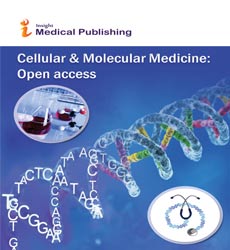Abstract
Endotoxin and Other Microbial Translocation Markers in the Blood: A Clue to Understand Leaky Gut Syndrome
Gut affects various systems in the human body. The leaky gut hypothesis tells us that gut microbial products cause systemic low-grade inflammation, which enhances the progression of various human diseases. Microbial translocation attributable to intestinal barrier dysfunction and hyperpermeability have been proven in major human diseases. Among these microbial products, endotoxin/ lipopolysaccharide is most extensively studied in clinical situations. However, its detection in the blood and its impact in the clinical course still arouse much discussion. Overviewing the long-standing controversies in the assay system and the main results in various clinical situations, this review regards plasma endotoxin level as a feasible microbial translocation marker. Although the detection of bacterial DNA in the blood has been gradually accepted among other microbial products, uniformity of analytical methods and usefulness in the clinical site should be established. The results on peptidoglycan, flagellin, lipoteichoic acid, and (1→ 3)-β-D-glucan in the blood are still scarce. The analysis of Toll-like receptors has suggested that several microbial products act concomitantly as pathogen-associated molecular patterns (PAMPs) in the progression of various diseases. Collective efforts to read the whole story on leaky gut and its sequences from the side of circulating microbial products may lead future progress both in patient’s care and preventive medicine.
Author(s):
Hiroshi Fukui
Abstract | Full-Text | PDF
Share this

Google scholar citation report
Citations : 187
Cellular & Molecular Medicine: Open access received 187 citations as per google scholar report
Abstracted/Indexed in
- Google Scholar
- China National Knowledge Infrastructure (CNKI)
- Cosmos IF
- Geneva Foundation for Medical Education and Research
- Secret Search Engine Labs
Open Access Journals
- Aquaculture & Veterinary Science
- Chemistry & Chemical Sciences
- Clinical Sciences
- Engineering
- General Science
- Genetics & Molecular Biology
- Health Care & Nursing
- Immunology & Microbiology
- Materials Science
- Mathematics & Physics
- Medical Sciences
- Neurology & Psychiatry
- Oncology & Cancer Science
- Pharmaceutical Sciences

